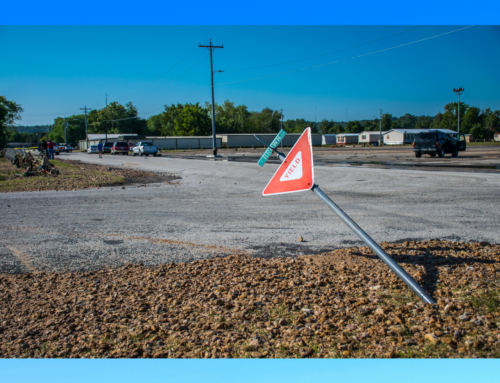Imagine a group of thirty women and men sitting around a table. Imagine that they come from wealth, middle class, and poverty. Imagine that they represent different points on the political spectrum and that they work in civic organizations, nonprofit organizations, education, government, the private sector, and faith-based organizations. This type of community development program is exactly what we need!
Imagine that those women and men are making plans to end poverty in their community. Imagine that they share a language that allows them to begin a dialogue about what it takes to provide economic security for everyone.
This is happening in South Bend, Indiana and in several other cities that are using methodologies that arise from two aha! Process books: Bridges Out of Poverty and Getting Ahead in a Just-Gettin’-By World.
See a video excerpt where I cover some of the strategies organizations and individuals can use to overcome stereotypes in the column on the right in our Vod Pod widget.
In South Bend the first action steps are being taken:
· Three sites are running Getting Ahead groups in which people in poverty investigate the impact of poverty on the community and themselves and provide that concrete information to the community at large.
· The Bridges Out of Poverty Community Partner Association is working with a hospital and other employers to provide Getting Ahead graduates with entry-level jobs.
· Ivy Tech Community College is developing plans to use aha! Process constructs to improve retention and graduation rates of students from low-income families.
· The Community Partner Association is beginning to inform itself and the community about predatory practices that are barriers to those who are transitioning out of poverty.
· The Community Partner Association is organizing itself to conduct the Bridges Out of Poverty Initiative over time.
· South Bend Mayor Steven Luecke announced that the Bridges Initiative would be one of his directives, saying he would “work with local leaders to explore the Bridges Out of Poverty program as a way to help local families out of poverty.”
Obviously, these actions don’t develop out of thin air. The Bridges Out of Poverty model was first brought to South Bend in 2004 by the Center for Women’s Intercultural Leadership at Saint Mary’s College and their Women in Leadership in Community Organizations program. Since then about 700 people have been to a Bridges seminar and about 150 have been trained as Getting Ahead facilitators. The Community Partner Association organized a steering committee and developed the St. Joseph County Bridges Out of Poverty Initiative Strategic Plan, the vision statement of which reads:
Using Bridges Out of Poverty as a framework, transform St. Joseph County into a sustainable community in which individuals move from generational poverty to self-sufficiency, enhancing the quality of life for everyone and creating a model for other communities.
I’ve had the pleasure of watching the steering committee evolve into a real force for change and am fascinated by how the group applies the Bridges constructs. This is a group that comes together through attraction. No one is mandated or required to join the Initiative. As you can imagine, everyone is already busy with the mission of their various organizations, and yet they take on the additional work of the Initiative.
In the Partner Association you’ll find business leaders, educators (including the universities), students, healthcare providers (including hospitals), foundations, elected officials, nonprofit organizations, faith groups, governmental departments, and people who are in poverty. The work belongs to the group as a whole, no member owns the Initiative, and yet all the members own it. The group has listed five goals:
· Through collaboration of community organizations, utilizing a common programmatic approach, assist individuals from generational poverty to understand and adapt successful life strategies and to foster their dreams.
· Mobilize the community to provide resources and support to enable individuals to move out of generational poverty.
· Identify predatory practices and practitioners and work toward their elimination.
· Identify economic, political, and social infrastructures in our community that perpetuate generational poverty and implement strategies to change them.
· Develop the Bridges Out of Poverty Initiative into a sustainable organization that effectively coordinates its efforts with existing organizations and activities.
St. Joseph County is one of early adapters of Bridges constructs. We at aha! Process are learning from them just as they have been learning from us. Individuals and communities that share our interest in ending poverty are encouraged to contact us at
www.ahaprocess.com, www.sjcbridges.org, and www.saintmarys.edu/~cwil.
For more information about aha! Process methodology, read our “A Platform for Economic Justice”.








